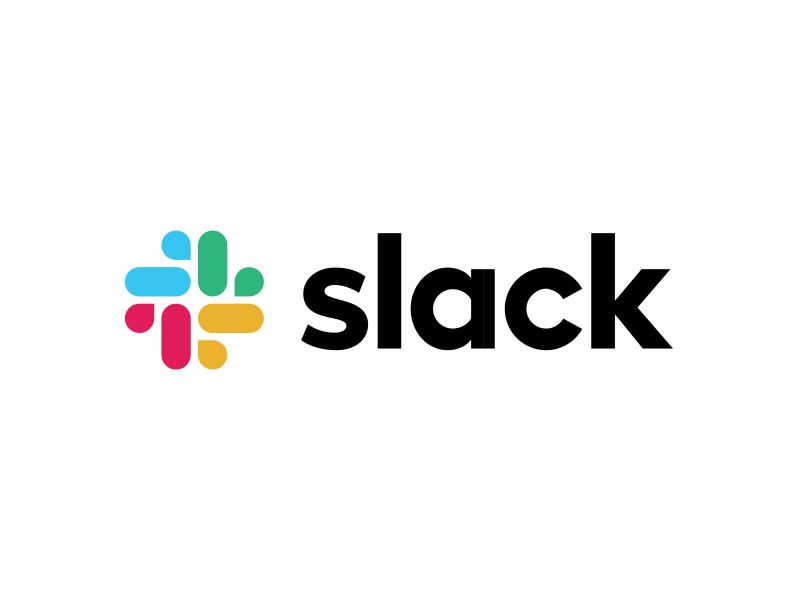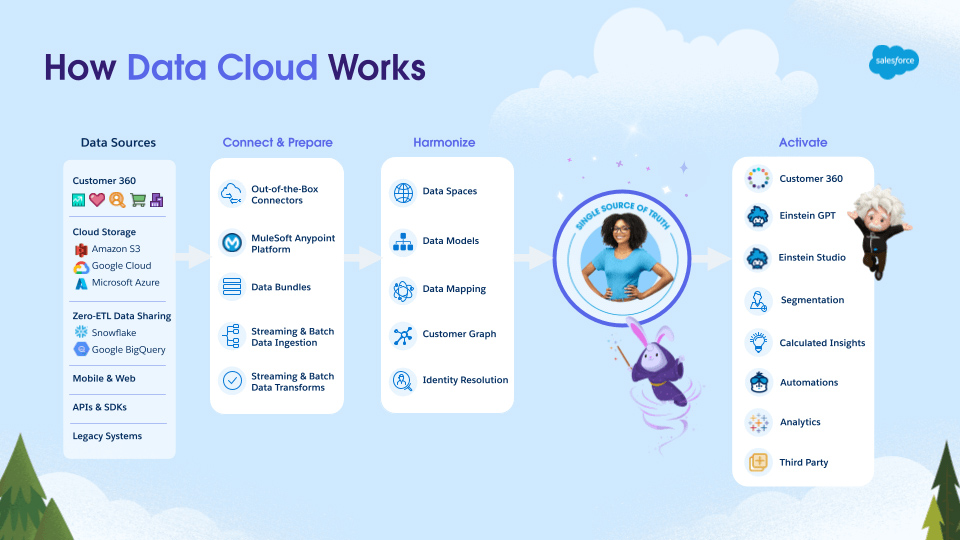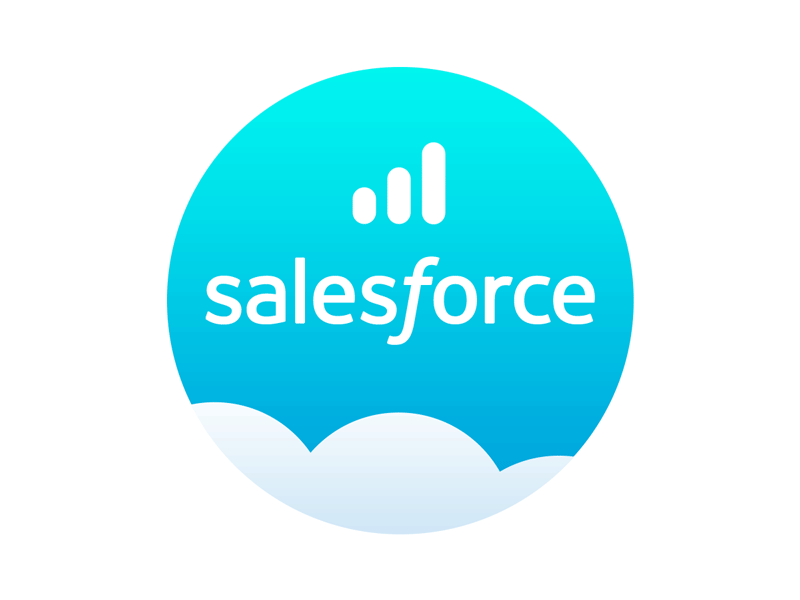
What Is Data Cloud?
You’re tired of repeating your purchase history to customer support agents, or frustrated while searching for specific items on an online store. We’ve all been there, craving seamless and instant experiences. Enter Data Cloud, the enchanting real-time platform for customer magic.
Data Cloud works its magic by synchronizing data every millisecond, empowering businesses to connect with customers like never before. No more digging for information – it harmonizes data from various sources, creating a unified customer profile. Imagine having a personal assistant who knows your preferences, updating itself in real time.
Now, consider the vast amount of customer data available globally – doubling every 12 hours. Data Cloud effortlessly helps businesses make sense of this wealth. It integrates data from every customer touchpoint, transforming it into a unified customer profile record. This real-time customer profile becomes a canvas for businesses to craft personalized experiences instantly. It’s not just data; it’s customer magic in action. Welcome to a world where every interaction feels tailor-made, thanks to the wonders of Data Cloud.
What is the business impact of Data Cloud?
Data Cloud improves your experience in several ways:
- If you lose your credit card, Data Cloud alerts merchants instantly, preventing unauthorized purchases.
- When you call customer service, Data Cloud pauses annoying marketing messages until your issue is resolved, saving you from frustrating interactions.
- Offers on websites change instantly based on your clicks in marketing emails, convincing you to make a purchase.
- In urgent healthcare situations, Data Cloud enables quick access to your real-time patient data, helping healthcare providers offer immediate guidance and care recommendations.
Across any industry, companies can leverage a unified profile and real-time data to deliver more personalized experiences. As you can see in all these experiences, milliseconds make all the difference. The cost of not keeping up could be poor reviews on social media, a loss in healthcare efficiency, and more.
What are the Benefits of Salesforce Data Cloud?

Improved Data Management Capabilities
Salesforce Data Cloud helps businesses clean up, combine, and remove duplicate data. This makes things easier for companies, saving them time and effort. It also makes the data more accurate. With this, businesses can focus on important tasks and save resources.
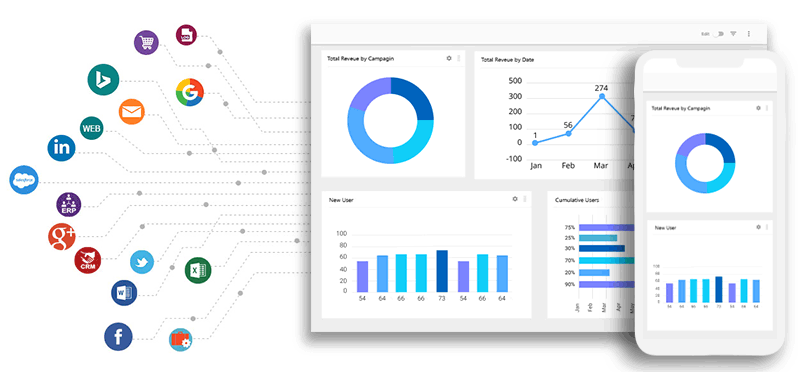
360-Degree Customer Insights
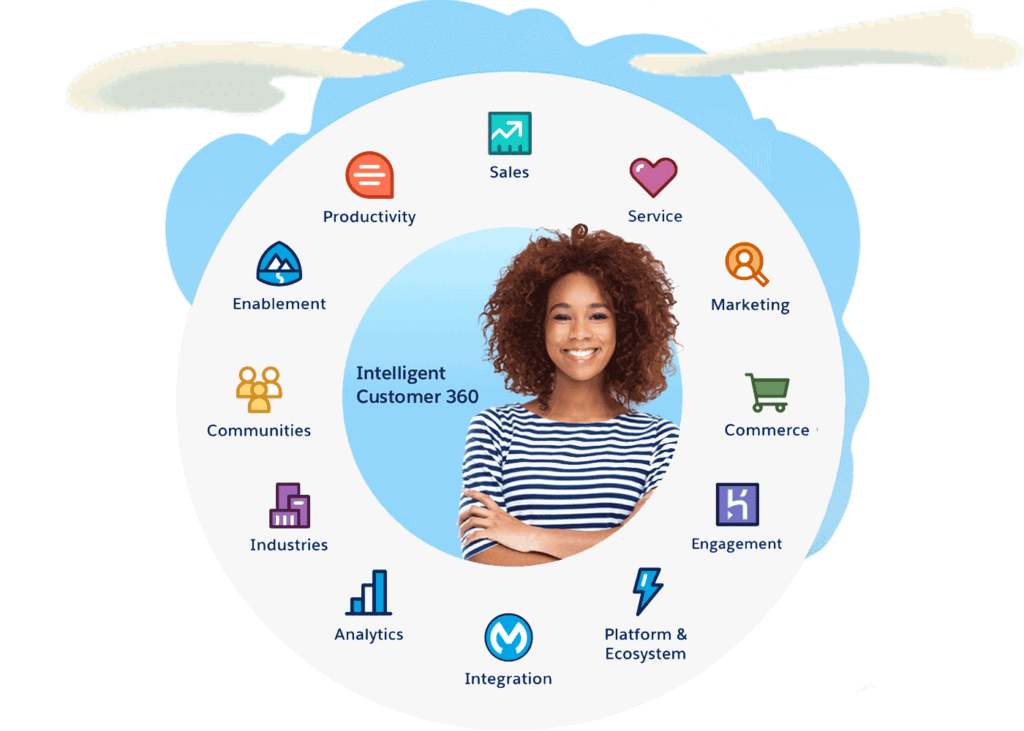
The best part about Data Cloud is its caliber to provide united, comprehensive customer information facilitating companies to reap the advantage of the data-driven culture and make improved business decisions.
Boost Personalization & Conversions
Salesforce Data Cloud provides detailed customer profiles, helping businesses improve their marketing. They can send personalized messages and recommendations to customers. This boosts customer engagement and conversion rates, increasing profits for the brands.

Scalability & Agility

The Salesforce platform makes it effortless for businesses to adapt to market demands by providing flexibility and efficiency. It allows them to handle increasing customer interactions and large data volumes. This means companies can expand their operations without any issues and achieve the best return on investment.
Predictive Analytics Supporting Dynamic Decision-Making
Using Salesforce Data Cloud, organizations gain predictive analytics to identify risks, foresee opportunities, and make smart decisions. By utilizing these insights, businesses can manage inventory, meet customer needs, and maximize profits, ultimately increasing their return on investment.

How does Data Cloud work?
Data Cloud is integrated into the Salesforce Platform, the driving force behind Customer 360. Enhancing its capabilities improves all aspects of our services. We’ve done this before with Flow and Einstein, adding intelligence and automation to sales, service, marketing, and commerce. Integrating Data Cloud democratizes access to real-time data across all our services.

Connect all your data
Before Data Cloud, Salesforce handled basic transactional data. Now, with Data Cloud, it can process huge amounts of data instantly. Data Cloud uses Salesforce tools, making the stored data visible and accessible for Customer 360.
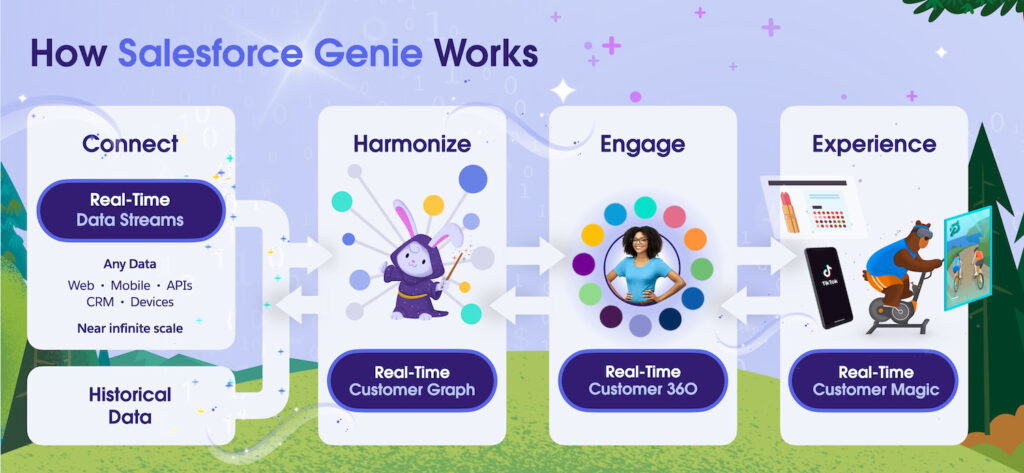
Make your data work together: We’ve designed a system called Customer Graph to blend all your data into one customer profile. It doesn’t matter where the data comes from; it all fits into this profile.
Use your data effectively: Data Cloud combines all customer interactions into one profile, known or unknown. It organizes messy data like medical records, making it easy to access and use.
Improve customer experience: Data Cloud ensures privacy and compliance while allowing you to see each customer as an individual, not just a transaction or number. Treat every customer like a person, not just a data point.
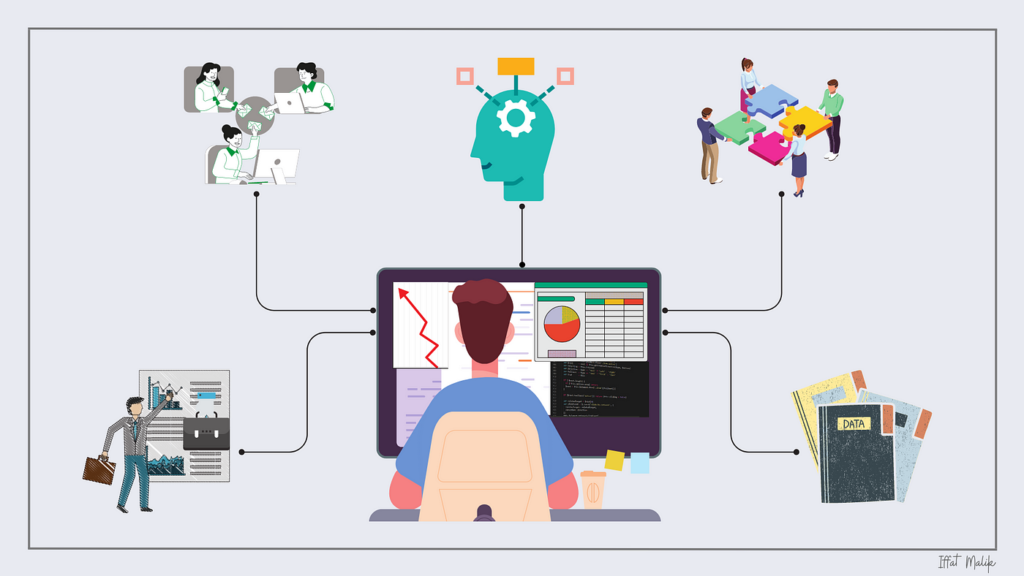

How Data Cloud Powers Up Other Salesforce Products?
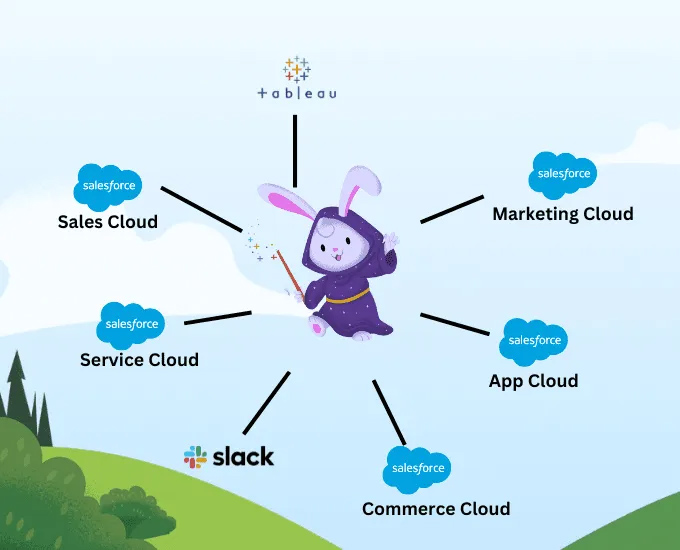
- Sales Cloud: Data Cloud enhances Salesforce Sales Cloud by using AI and automation to close deals faster. It collects customer data from different sources and creates individual customer profiles, improving productivity across all channels.
- Service Cloud: Service Cloud uses customer data to provide personalized experiences and increase conversions. It includes interactions, behavior, purchase history, and preferences in customer profiles. This helps businesses offer efficient, personalized customer support, building strong customer relationships.
- Marketing Cloud: With real-time customer data from Data Cloud, organizations enhance their marketing campaigns. They personalize marketing efforts based on customer interactions, improving the overall customer journey and experience.
- Commerce Cloud: Integrating Data Cloud with Salesforce Commerce Cloud allows businesses to personalize the shopping experience. By analyzing customer data like purchase history and preferences, organizations can create targeted offers and promotions. This boosts customer engagement, increases sales, and raises revenue.
- App Cloud: Companies use customer insights from Data Cloud to build custom apps on App Cloud. These apps provide tailored customer experiences, aligning with customer expectations and enhancing overall business operations.
- Tableau: Tableau, coupled with Data Cloud, visualizes customer data from various sources on a user-friendly dashboard. This integration helps extract valuable trends and patterns, providing actionable insights for better decision-making.
- Slack: Integrating Slack with Data Cloud gives teams access to customer data from different sources. This enables departments, especially sales and marketing, to make informed decisions quickly. Reduced app-switching for data analysis enhances productivity and enables targeted marketing campaigns.



